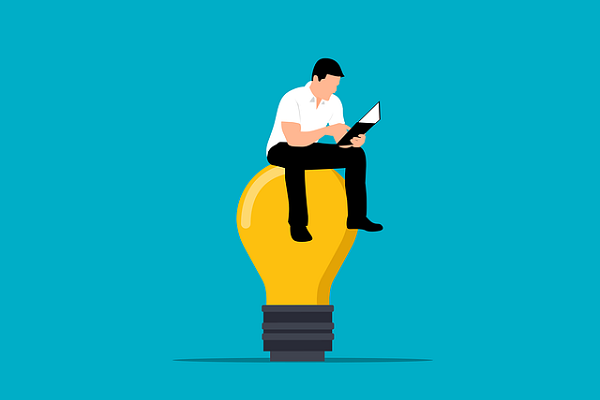It is rightly said that wisdom is not just dependent upon information, but also knowledge, although it is limited in one’s perimeter of thought. This is primarily because knowledge is never absolute, howsoever intelligent, or brilliant, one may be. The idea includes the genii, no less. The tipping point, or scale, is, therefore, simple. It is only when we endeavour to absorb wisdom, and not merely knowledge, from deep within and also from others, would we be able to surmount certain natural limits in our respective domains. This enables us to stand on our own feet, as it were, and use our mind for a higher purpose. The wise, old Greeks, with all their profound wisdom, coined the word — sophrosyne — for it, a phrase which is without a far-reaching equivalent elsewhere.
We use the ‘science connect’ of knowledge as a benchmark, not just metaphor, for wisdom. As the philosopher Herodotus articulated, knowledge is proportionate to our capacity to ‘journey back’ into and over the antiquity of thought. It is also our ability to keep on the outline of science in the midst of a web of other activities of our mind. Yet, science does not age for us; it only expands. It also fuses reflexively — first into knowledge and, thereafter, into wisdom. In Herodotus’ words, “This is the state of being, or having become aware of truth.” In other words, it is representative of the essence of science and truth — of “systematic observation, experimentation and reasoning, co-ordinated, arranged and systematised,” any which way one may look at it. This is, indeed, the perennial truth — more so, because science is contemporised with wisdom, albeit neither science nor knowledge is all-embracing with wisdom.
The doctrine of wisdom in Eastern philosophy is unlike the ‘power of persuasion’ in Western thought, or a certain tradition of ancient philosophy, that includes the stoics. As a matter of fact, several Western thinkers, such as Arthur Schopenhauer, were strongly imbued with Eastern thought. Knowledge, in Eastern thought, is simply the means by which one can seek the help of the divine to live, endure and succeed in this world. Or, on the contrary, swim safely across the stormy seas of ephemerality and voyage into a whole, new world of immortality, permanence, or eternal life.
The sublime Eastern argument is knowledge opens our ‘mindful eye’ to the truth of existence — just as a lack of knowledge takes us into a world of ignorance and mental murkiness with no light at the beginning, or end of the tunnel. This is precisely the reason why Eastern thought is embellished with the fact that each of us could, in our own unique way, acquire knowledge [jnana] through a variety of modes. This includes observation, insight, intuition, intelligence, understanding, study, learning and contemplation upon the elevated truths of the divine, religion, philosophy, scriptures, the world and existence itself. One could also think of knowledge as instinctive, or something that surfaces primarily through merit [punya] — or, accrued knowledge of past births, or divine grace, that Socrates and Plato related to and expressed.
We all need knowledge, with bits of wisdom, to do well in life — this is something each of us possesses within the compass of our mind. Well, the point is: knowledge, or wisdom, would have been a chimera, not energy, if it had not existed as thought that triggers our thinking. What does this suggest? That we all are blessed with a certain intelligent substance — a constituent that makes us ‘think’ and ‘transform’ our thoughts for a higher purpose and accomplish things that we want to, or aspire, through good, conscious action.

